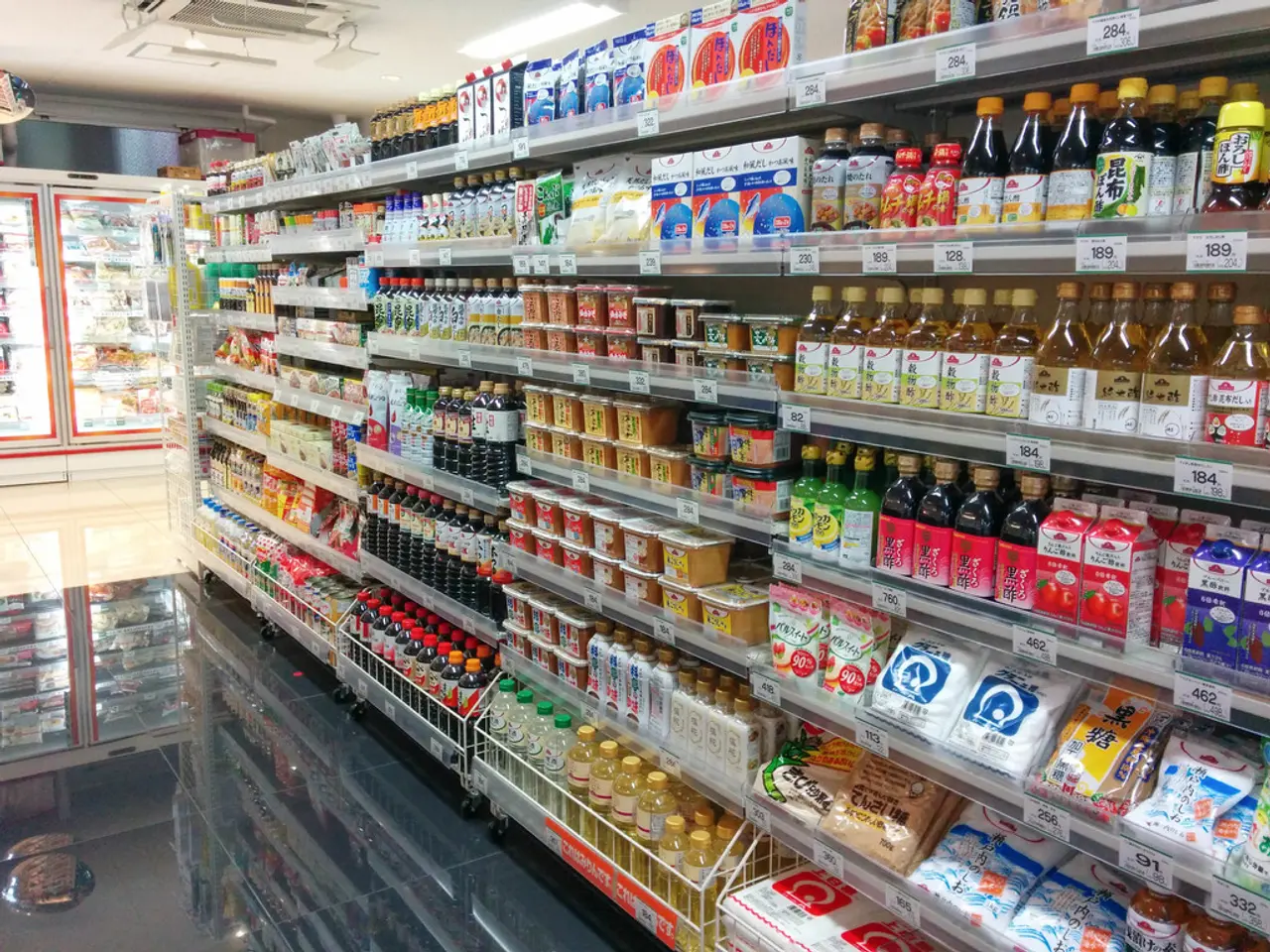Amazon increases its presence in South Africa through the launch of grocery and pet food offerings
In a strategic move to compete in South Africa's growing e-commerce market, Amazon has expanded its product range to include non-perishable groceries, pet food, and health supplements. This diversification aims to tap into high-demand everyday product categories, broadening customer appeal and increasing frequent purchase opportunities.
The decision to expand into these essential and consumable goods is a response to customer demand, according to the company. Robert Koen, Managing Director for Sub-Saharan Africa, stated that groceries, pet supplies, and health supplements have consistently been among the top requests from customers.
South Africa serves as a significant entry point for global e-commerce players due to its digital-savvy middle class and robust logistics infrastructure. The country's e-commerce market is growing, making it an attractive target for companies like Amazon. However, the expansion takes place in a competitive market, where the impact on Takealot's market share is a significant consideration.
Currently, Takealot.com, owned by tech giant Naspers, dominates South Africa's e-commerce market. The company now offers both global brands (Nestlé, Red Bull, Starbucks) and local staples (Beacon, Simba, Koo) in South Africa. The success of Amazon in attracting loyal Takealot shoppers may depend on its bulk-buying options and international brand partnerships.
Amazon launched in South Africa in 2024, and since then, it has been positioning itself as a more versatile and convenience-focused alternative to Takealot. By adding these essential and consumable goods, Amazon aims to penetrate deeper into the South African retail landscape, which traditionally favors established local players like Takealot. This expansion signals Amazon’s intent to not just be an online marketplace but also a comprehensive retailer offering a wider array of consumer needs, potentially challenging Takealot's market dominance and increasing Amazon's market share.
Complementing product range expansion, Amazon’s broader investment in South Africa—including establishing data centers—shows a commitment to improving local infrastructure and service quality, which positions Amazon well for long-term growth and competitiveness. These moves align with Africa’s broader digital market growth trajectory, driven by rising internet access, digital payments, and consumer demand.
Philile Mabolloane, Retail Head for Consumables at Amazon South Africa, stated that the response to Amazon's expansion has been extremely positive. The company's move signals its intent to become a one-stop shop in South Africa's growing e-commerce market. As the competition heats up, it will be interesting to see how the market evolves in the coming years.
The expansion of Amazon's product range includes non-perishable groceries, pet food, and health supplements, catering to the lifestyle needs of customers in South Africa's growing e-commerce market. This move, alongside Amazon's investment in South African technology infrastructure, positions the company as a contender in the general-news worthy competition against Takealot for market dominance, potentially changing the face of retail in South Africa.




